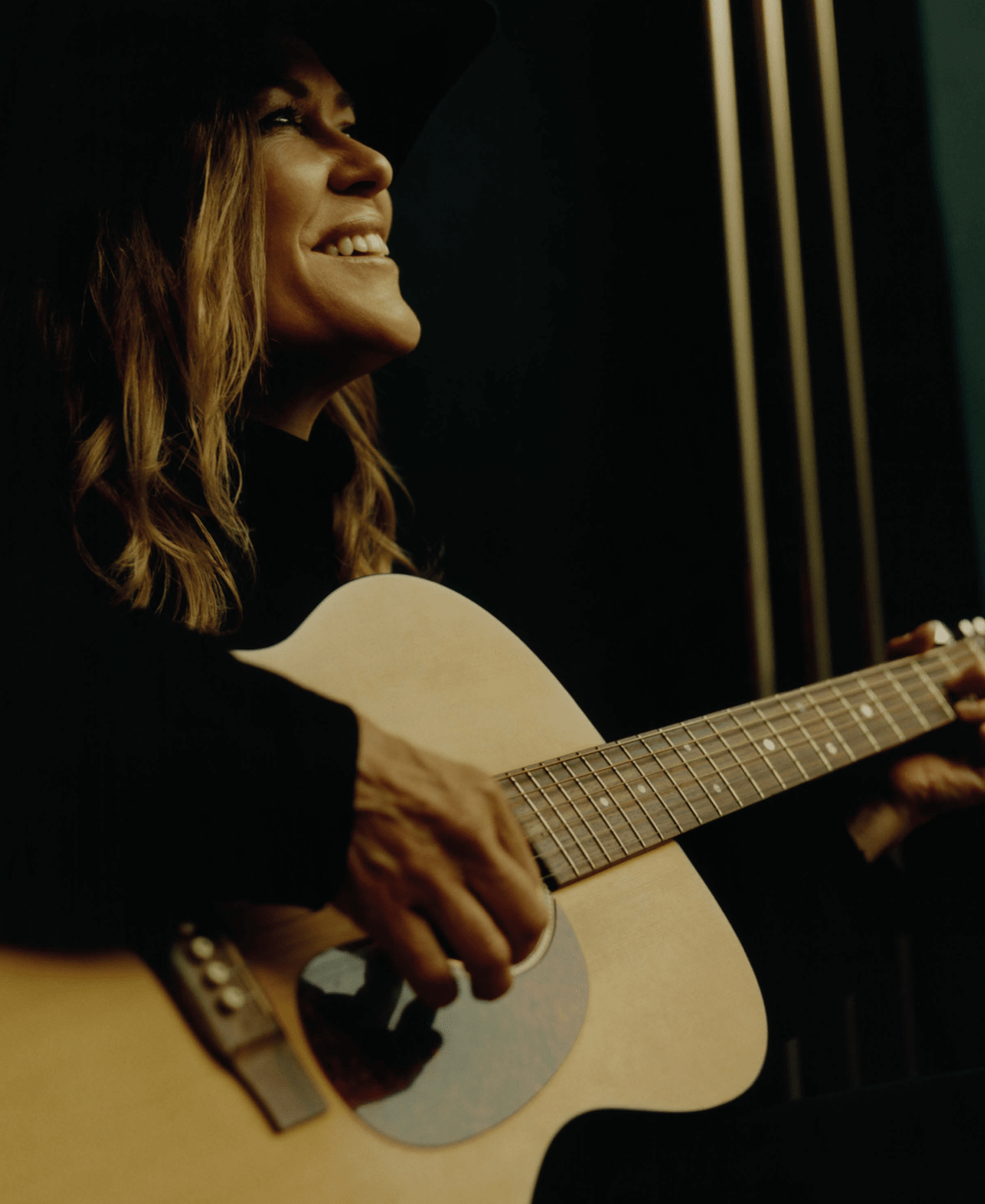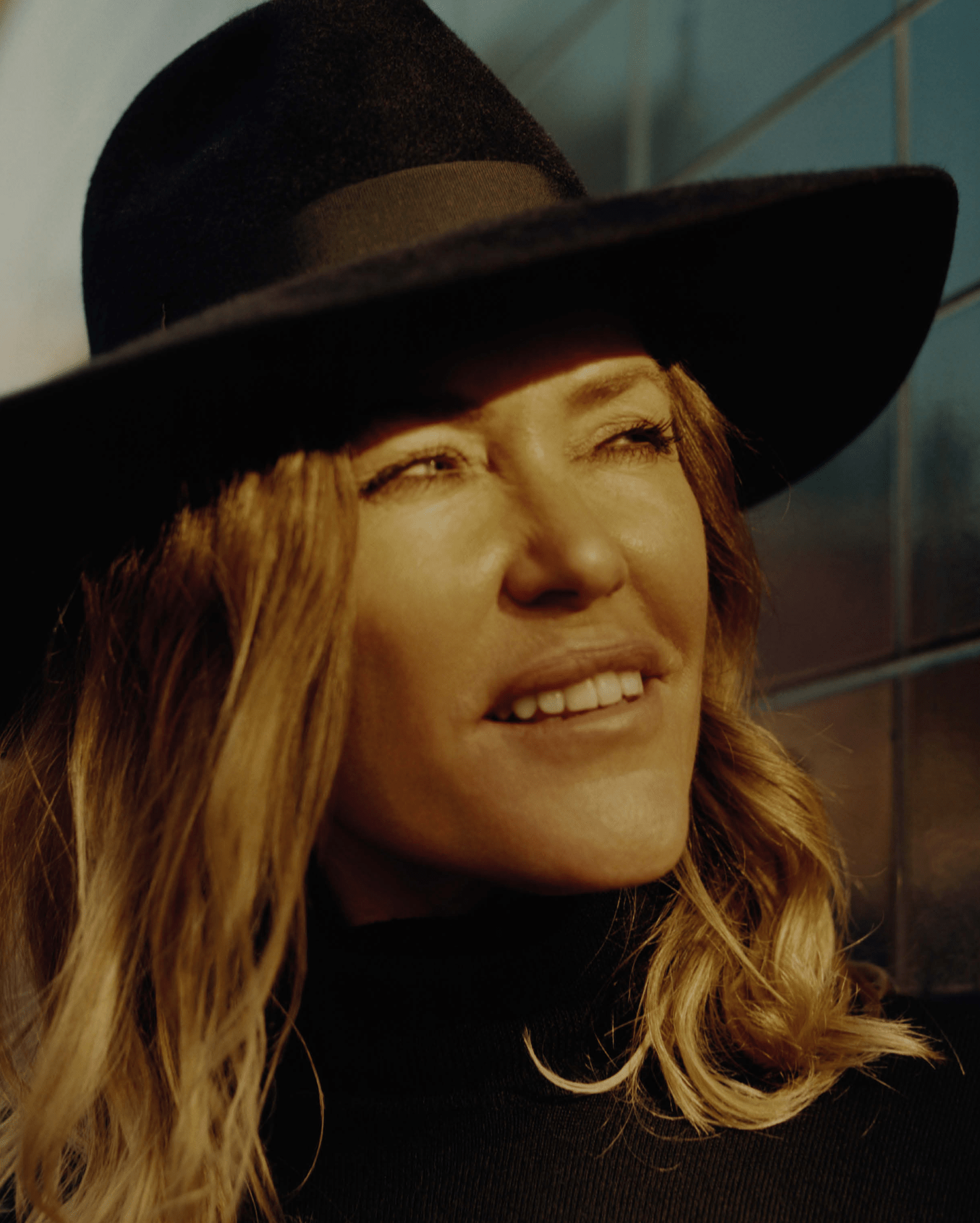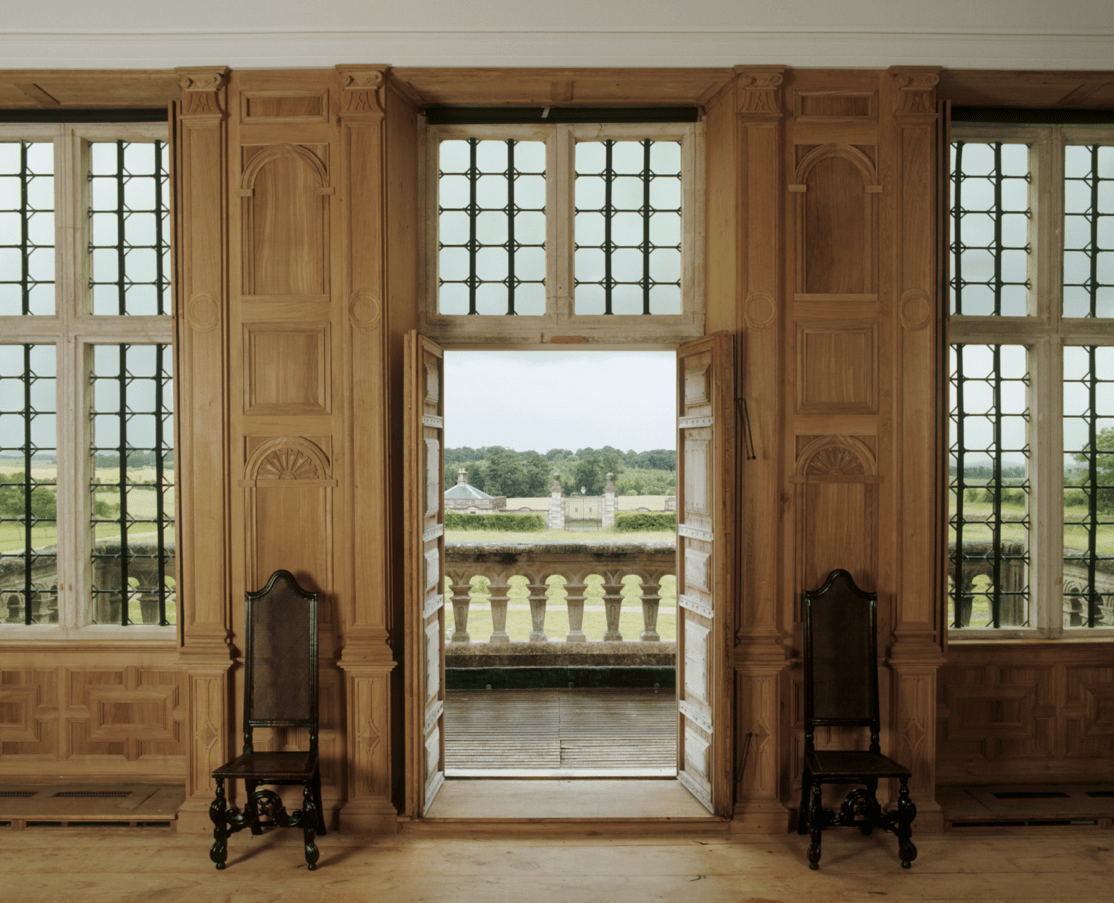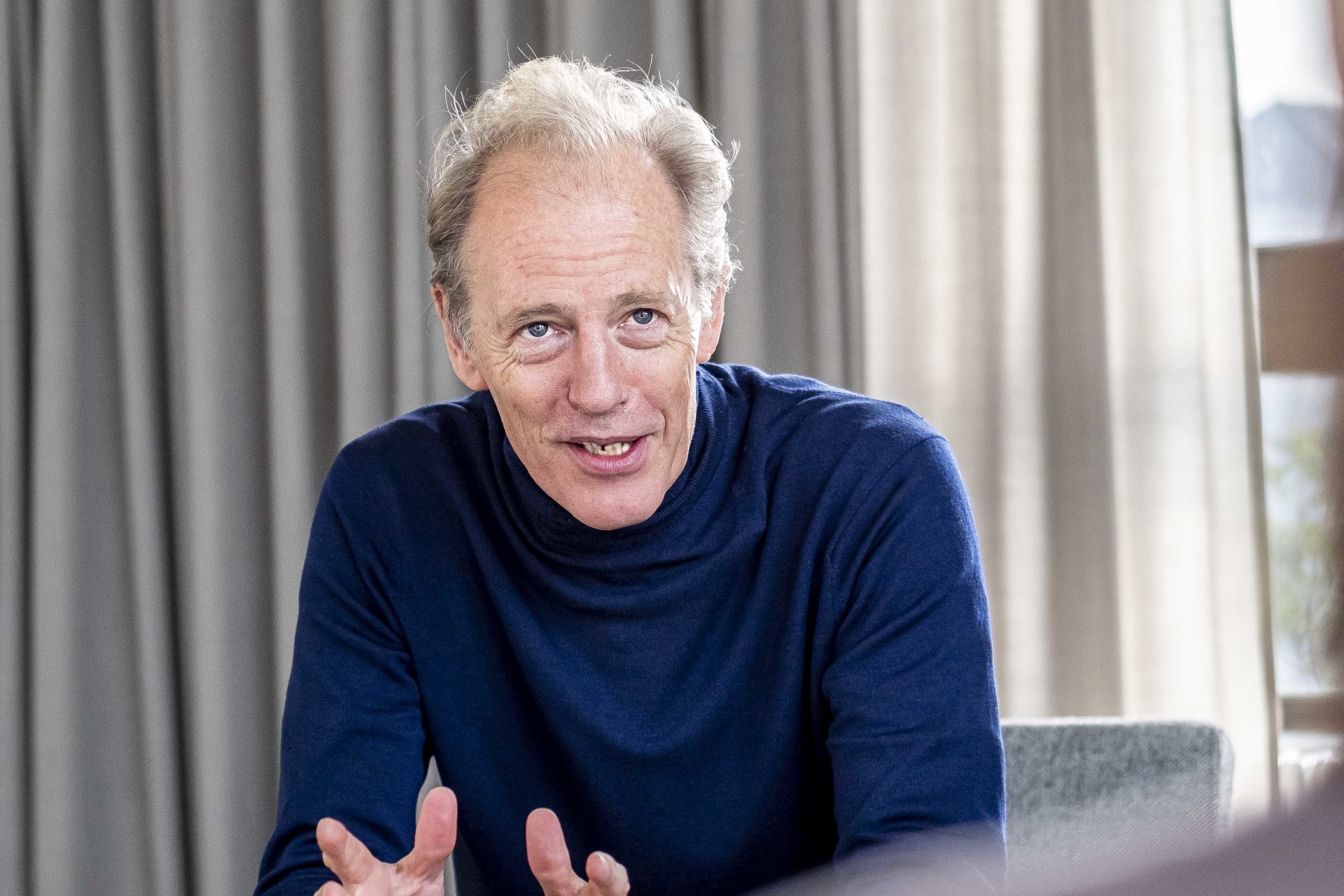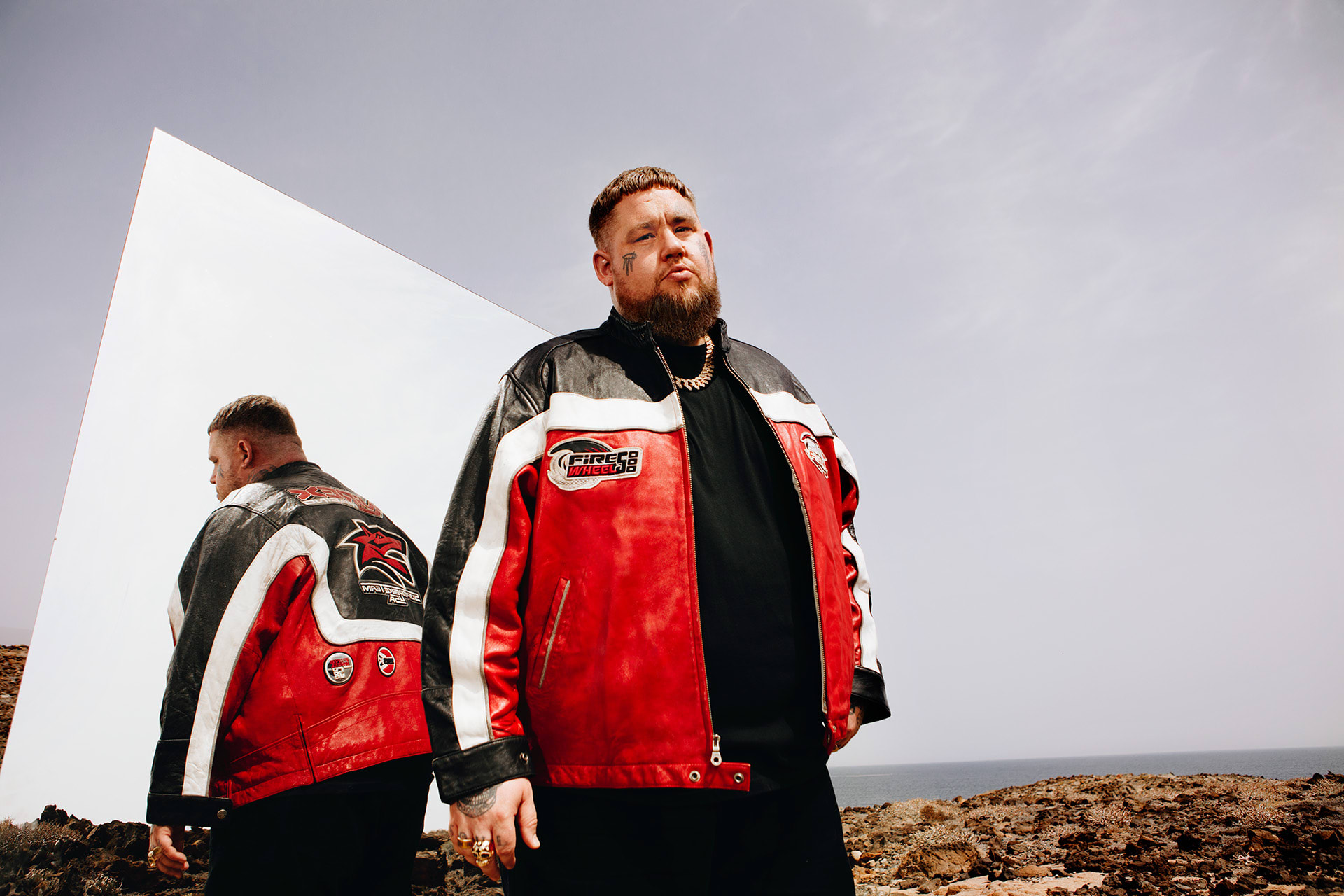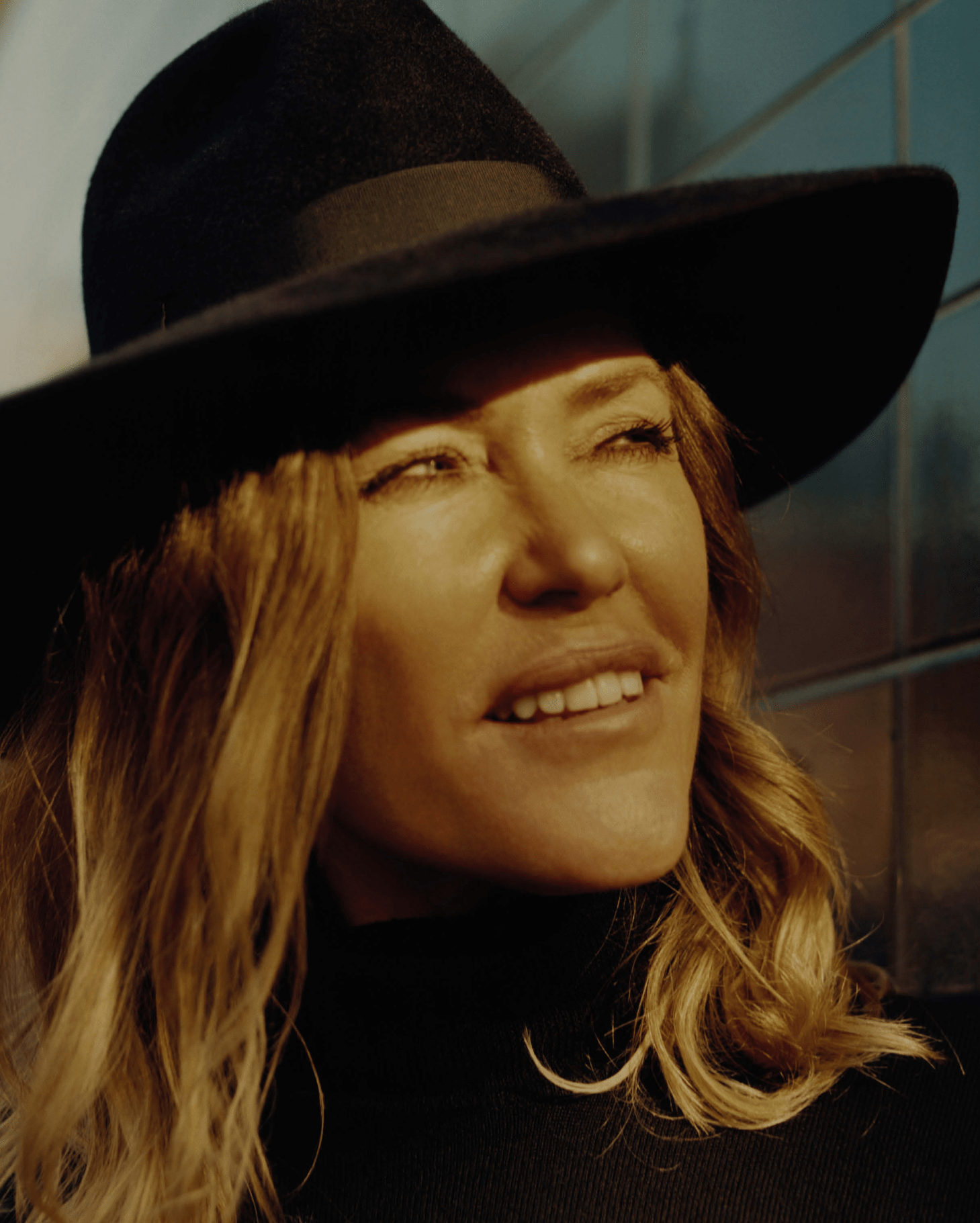
Last National Poetry Day, MA.MOYO’s work, ‘Flame Lily’ was released as a single. It’s the opening track of We Come From The Sun, a poetry album composed by Cerys Matthews with Hidden Orchestra (the solo studio project of Joe Acheson), and featuring ten poets. Formerly vocalist of Catatonia, Cerys Matthews now presents two BBC Radio shows, and is founder of culture and food festival, The Good Life Experience. From her home in Ladbroke Grove in December, she tells Sam Bennett about the new record, hopefully the first in a series for Decca.
I was listening to your BBC Radio 6 Music show this morning. It’s a fabulous three hours – that’s a lot of work for you.
I know, but it’s the best work ever, to pull together your favourite recordings. And that can be over 100 years of repertoire; including spoken word from the Decca archives, the likes of Lord Tennyson, Amelia Earhart, Florence Nightingale, WB Yeats, or Langston Hughes. My brother works in security: “It’s not really work as we know it,” he says to me, if I ever get a bit big for my boots.
My mum’s a nurse. Whenever I catch myself moaning about my job, I remind myself of how hard hers is.
Exactly. My sister’s a nurse as well, so I’ve got a lot of people that keep me grounded.
What has the past year been like for you?
It’s been interesting. It has narrowed the horizons a lot, as it has with most people. It’s made my appreciation of the simple things a lot more acute. Family and neighbours have come a lot more into focus in a very good way. And before, when there was any time off work, I would be making plans – “where should we go next holiday?” – always precariously living in the future. Whereas this period very much makes you live in the moment. And for that, I’m grateful.
I’m more appreciative of imperfection now. Before, I was so focused on getting magazines perfect, but this year – with all the restrictions – I’ve just been like, ‘let’s just put something together as best we can, and if it’s not 100 per cent perfect, we’ve still done well.’
That’s why a lot of people love podcasts because they have allowed people to be natural and haven’t been edited down to fit a programme – three minutes, two minutes, or 50 seconds. Imperfections make you unique. There’s something about hearing Louis Theroux make a mistake that warms you to him even more... It allows you more insight into him, which is more interesting than thinking, ‘oh, he’s brilliant, he’s perfect.’
Tell me more about We Come From The Sun.
I’m just a fan of great writing, and as Dylan Thomas says, “The world is never the same once a good poem has been added to it.” I also love the dance between writing and sound, whether it’s an acapella poem reading, a poem reading with added sound, or – to take it even further – one with added sounds, rhythms, and music. This is something our forefathers did, the great bards would be using strict meter poetry. This is a tradition I’m plugging into in 2021, but it’s established, it works – poetry works when there’s a rhythm to it. Some people go, “you can’t add music.” I’m like, “you always did, so I can.” And I did. Dylan did it, the Beat Generation did it, rappers do it. It’s a fantastic opportunity to enjoy the power of the word on different levels. I do readings on 6 Music and put music with it, TS Eliot’s ‘The Waste Land’ was an inspiration for Max Richter – it’s all out there. Poetry should not be stuck on a shelf, only accessible to academics and the elite.
You’ve got such a diverse range of poets on this album which is very important and in keeping with your ethos.
I was brought up straddling different classes. My mum’s from social housing, working class, my father was a doctor. I was brought up Welsh language speaking but I had friends who didn’t speak Welsh – two very different worlds. I then had the comparison of being brought up Welsh and not really recognising the Westminster aspect of things and England – I didn’t share the love of singing ‘Jerusalem’ because it just wasn’t my culture. Then when I was in a band,
I was a female in a man’s world. I was called an indie singer when actually I loved Judy Garland. The world is wonderful because we are all so different, so when it came to doing an album, I was so tired of these tribal, polarised worlds (so loud on social media) and just wanted to inhabit different perspectives and voices.
Was ‘Flame Lily’ always going to be the first single?
When Belinda Zhawi (MA.MOYO) first came into Abbey Road Studios, and went into the vocal booth, there was silence, and then she started. You could hear a pin drop as she progressed; so intense, beautifully read, the rhythm beyond brilliant. As soon as I heard it, I was like, “right, bloody hell, that’s great, that’s it.” It’s powerful, brave, and has all the positive ambition needed as an opener. So yeah, it was immediately evident.
Did you cry listening back to any of the tracks?
Raymond Antrobus’ ‘Happy Birthday Moon’ makes me want to cry because it’s so tender and revealing; that most intimate moment when a parent is reading to a youngster in bed before they close their eyes and sleep. Raymond was born deaf, and in it his father is reading, and he listens to the story by following the dance of his father’s fingers across the words. It’s beautiful. Another one was Kim Moore’s ‘And The Soul’, a poem about recognising your animal being, whether it’s a tick, badger or horse. She says, “if it be a wolf, throw back your head and let it howl.” We used the sound of a heart beating, and blood going around your circulation system – it’s almost extraterrestrial. Then you have Liz Berry's poem about giving birth, it's wonderful... When you hear a great writer or musician, what a privilege that is. So, all of them, I love them all.
What are your hopes for We Come From The Sun?
I very much hope this vaccine works and allows us to get out and present this, and other work like it, live. We had lots of festivals lined up, lots of plans, because it works so well live – Hidden Orchestra was going to be on stage. There’s something really special about being in the moment, and all the variables of how you got to be where you were that night, along with all the people in the room with you. So, hopefully... we’ll see. I’d love for the record to be played on the radio alongside music because the idea was to allow the poetry to travel outside the normal restrictions. I want it to have a long, lovely journey into different territories.
Is this one of the most optimistic records you’ve ever made?
I hope so. It is this idea of genesis; the very beginning, a new being, full of positivity, optimism and hope for the future. The whole theme of this series of albums on Decca is about life on Earth. So, this is the beginning, and if it’s not optimistic, then I’ve done something wrong.
We Come From The Sun (Decca Records) is out 15 January.
